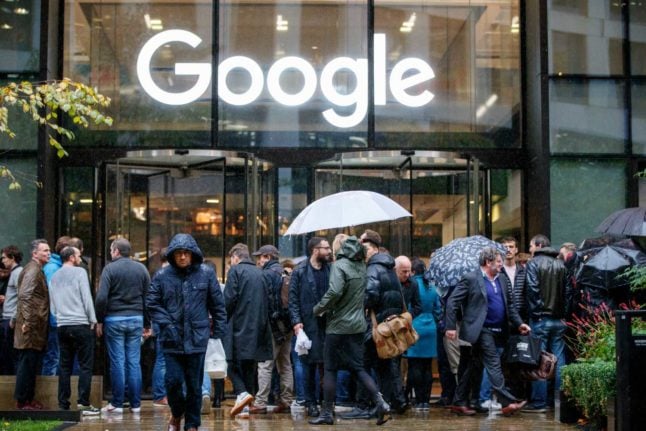Several customers of Telia, the Swedish subsidiary of Swedish-Finnish telecom company TeliaSonera, learned this week that their information had been leaked for several months and was still available on Google cached documents. One of those affected was 28-year-old Madelene Dalebrand Wachler from Hudiksvall in eastern Sweden.
“[Swedish tabloid] Aftonbladet rang me and explained that my billing statements were viewable online… you could come in directly and see it all – all the calls I’d made and all the people to whom I had sent an SMS,” she told The Local.
The information came with names, addresses, telephone numbers and even lengths of the phone calls.
“It’s terrible. Some of the people I had contacted had private and unpublished numbers, and all of this has been leaked by Telia,” she added.
Wachler has since contacted authorities at Sweden’s Data Inspectorate (Datainspektionen) who have promised to launch an investigation into the matter.
“I’m also looking into getting compensation from Telia. Information shouldn’t be available like this, it’s horrible and it’s quite scary actually. And it makes it harder to trust all these big companies,” she said.
Telia spokesman Hans G. Larsson was shocked to learn of the leaks, confirming that only a few people were affected.
“This in unacceptable, of course, and it’s something we will be looking into. We do offer our customers confidentiality and this involves the data protection act,” he told Aftonbladet.
He explained that the system had been shuttered later on Monday night, which meant no customers were able to see their own statements online at the time.
“If you need to pay a bill over the coming days, you can log into My Pages [Mina sidor] on Telia to see the statements,” Larsson told the TT news agency.
“Thank goodness, this seems to have been very limited. Nothing points to it being a large group of customers being affected, but it’s bad enough already,” Larsson told the TT news agency.
Oliver Gee



 Please whitelist us to continue reading.
Please whitelist us to continue reading.
Member comments